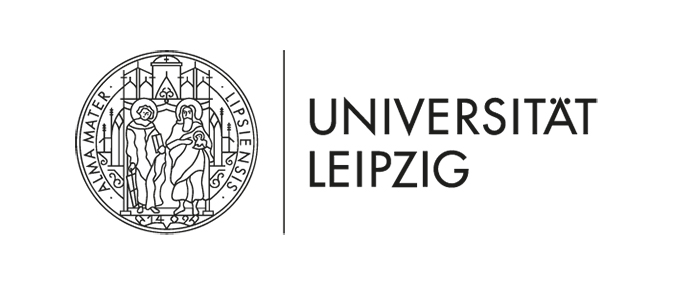|
14th Annual Symposium Physics of Cancer Leipzig, Germany Oct. 4 - 6, 2023 |
PoC - Physics of Cancer - Annual Symposium | ||||||||||||
|
|
Poster
Mechanical properties of the premature lung
Contact:
Premature infants suffering from respiratory distress syndrome often require mechanical ventilation as life-saving therapy. However, prolonged ventilation and associated mechanical stress may cause subsequent pulmonary diseases of the immature lung. To study the effect of mechanical stress on the immature lung at macroscopic scale, premature rat lungs were subjected to rheology experiments in compression and tension using different velocities. Here, fetal rat lungs showed a hyperelastic behavior and behaved significantly stiffer with increasing deformation velocities as also used during high-frequency ventilation. In fact, fetal lung tissue under compression showed clear viscoelastic features even for small strains. A higher Young’s modulus of fetal lungs compared to adult controls clearly pointed towards altered tissue characteristics. In addition, the influence of a hydrostatic pressure difference on the electrophysiology of primary fetal distal lung epithelial cells was studied on microscopic scale with a pressure adjustable Ussing chamber. Here, we observed a strong impact of hydrostatic pressure on the activity of the epithelial sodium channel and the sodium-potassium ion pump. Vectorial sodium transport being crucial for alveolar fluid clearance was significantly impaired which might explain ventilation-induced negative side-effects in clinical observations.
|









